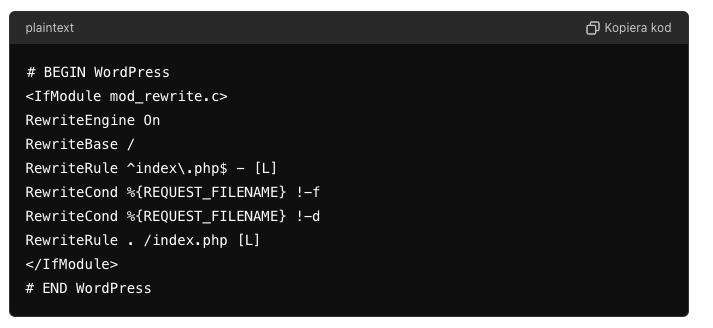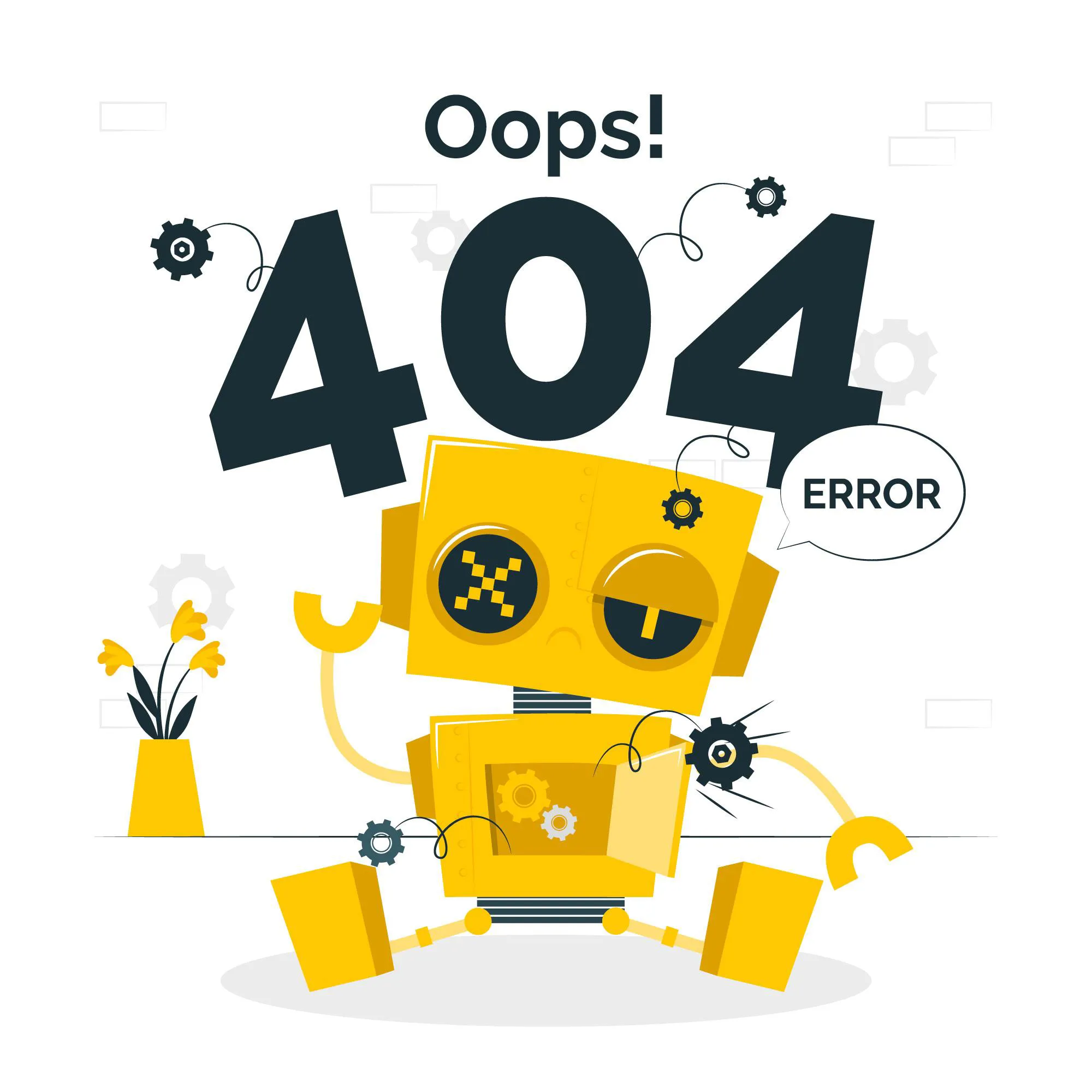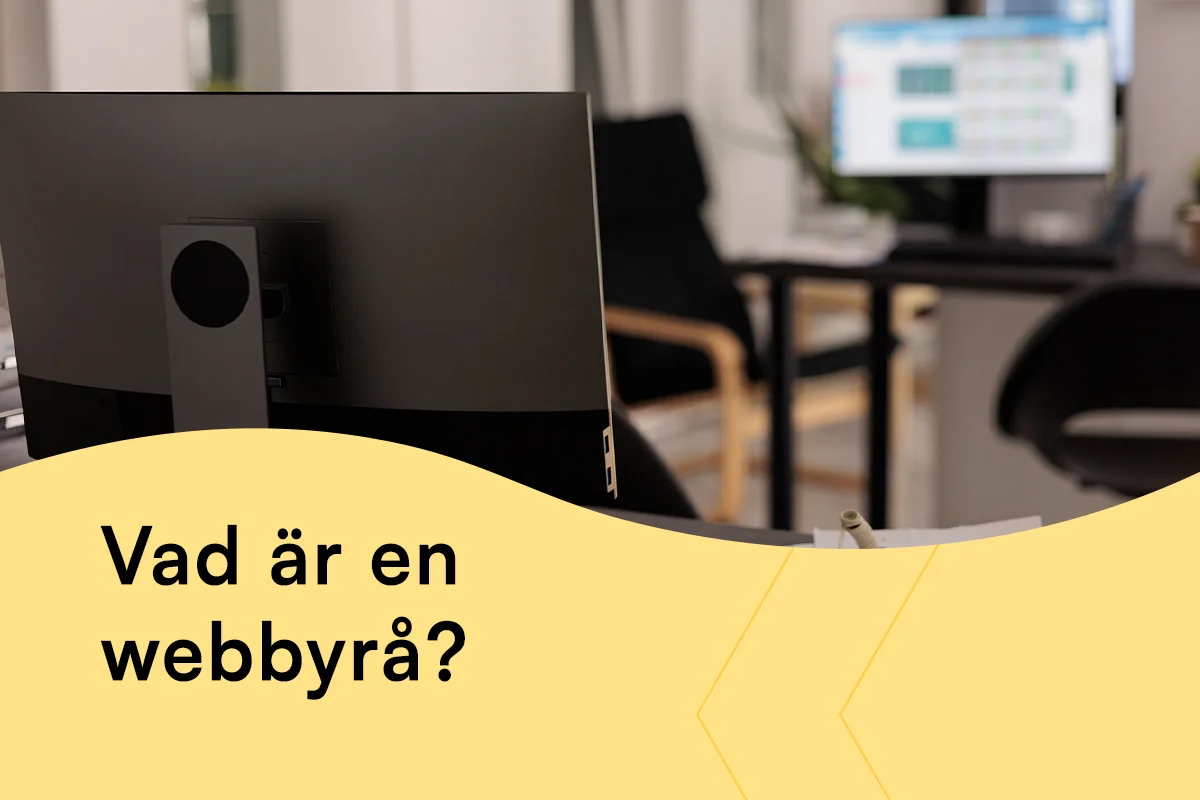If you’ve encountered the frustrating “404 Page Not Found” error on your WordPress site, you know how problematic broken permalinks can be. This error, often referred to as the broken permalinks problem, is one of the most common problems WordPress users encounter. Fortunately, fixing broken permalinks is usually easy. In this guide, we’ll explore why permalinks are important and give you a detailed, step-by-step approach to resolving these issues.
Why Permalinks Are Important
Permalinks are the permanent URLs to your individual blog posts, pages, and other content on your site. Their structure is important for several reasons:
- Site architecture: Permalinks help define the structure of your website, making it easier to navigate.
- SEO (Search Engine Optimization): Well-structured permalinks improve your site’s SEO, helping your content rank higher on search engines.
- User Experience: Clear and descriptive permalinks improve the user experience by making it easier for visitors to understand the content of a page before they even click on it.
Common Causes of Broken Permalinks
Innan vi dyker in i lösningarna är det viktigt att förstå de potentiella orsakerna till trasiga permalänkar:
- Plugin conflicts: New or updated plugins can disrupt your site’s permalink structure.
- Migration issues: Moving your site to a new server or domain can result in broken permalinks.
- .htaccess file changes: Changes to your .htaccess file can disrupt your permalinks.
- Software updates: Updates to WordPress or your theme can sometimes cause problems with permalinks.
Steps to Fix Broken Permalinks
Now, let’s go through the steps to fix broken permalinks on your WordPress site.
1. Reset Permalink Settings
Sometimes the easiest solution is to reset your permalink settings. Here’s how:
- Log in to your WordPress dashboard.
- Go to Settings > Permalinks.
- Choose a different permalink structure (e.g. change to “Numeric”).
- Save the changes.
- Return to your original permalink structure and save again.
This process updates your permalink settings and may resolve any minor issues.
2. Replace the .htaccess file with Default Code
The .htaccess file controls many aspects of your WordPress site’s functionality. If it becomes corrupt, it can cause problems with permalinks. Here’s how to restore it:
- Access your site’s file manager via your hosting provider’s control panel or an FTP client.
- Find the public_html folder and find the .htaccess file.
- Rename the existing .htaccess file (e.g. to .htaccess_old).
- Create a new .htaccess file and paste the default WordPress code .htaccess:plaintext

5. Save the new .htaccess file and check your site. Access file and check your site.
3. Resolving Plugin Conflicts
If resetting permalinks and the .htaccess file doesn’t work, a plugin conflict could be the cause. Here’s how to identify and resolve it:
- Go to Plugins > Installed Plugins in your WordPress dashboard.
- Disable all plugins.
- Check your permalinks by visiting your site.
- If the issue is resolved, activate the plugins one by one and check the permalinks after each activation to identify the conflicting plugin.
If a specific plugin is causing the problem, consider finding an alternative or contacting the plugin developer for support.
Conclusion
Fixing permalinks is key to a successful WordPress site. By following these guidelines, you can ensure that your site remains accessible and optimized for both users and search engines.
Broken permalinks can be a huge headache, but with these steps you should be able to diagnose and fix the problem quickly. Ensuring your permalinks are working is crucial to maintaining a well-structured, SEO-friendly, and user-friendly WordPress site. By resetting your permalink settings, restoring your .htaccess file, and managing plugin conflicts, you can keep your site running smoothly.
For further assistance or to avoid these problems in the future, consider consulting a professional web design agency. Contact us at Hive Creatives for assistance.




